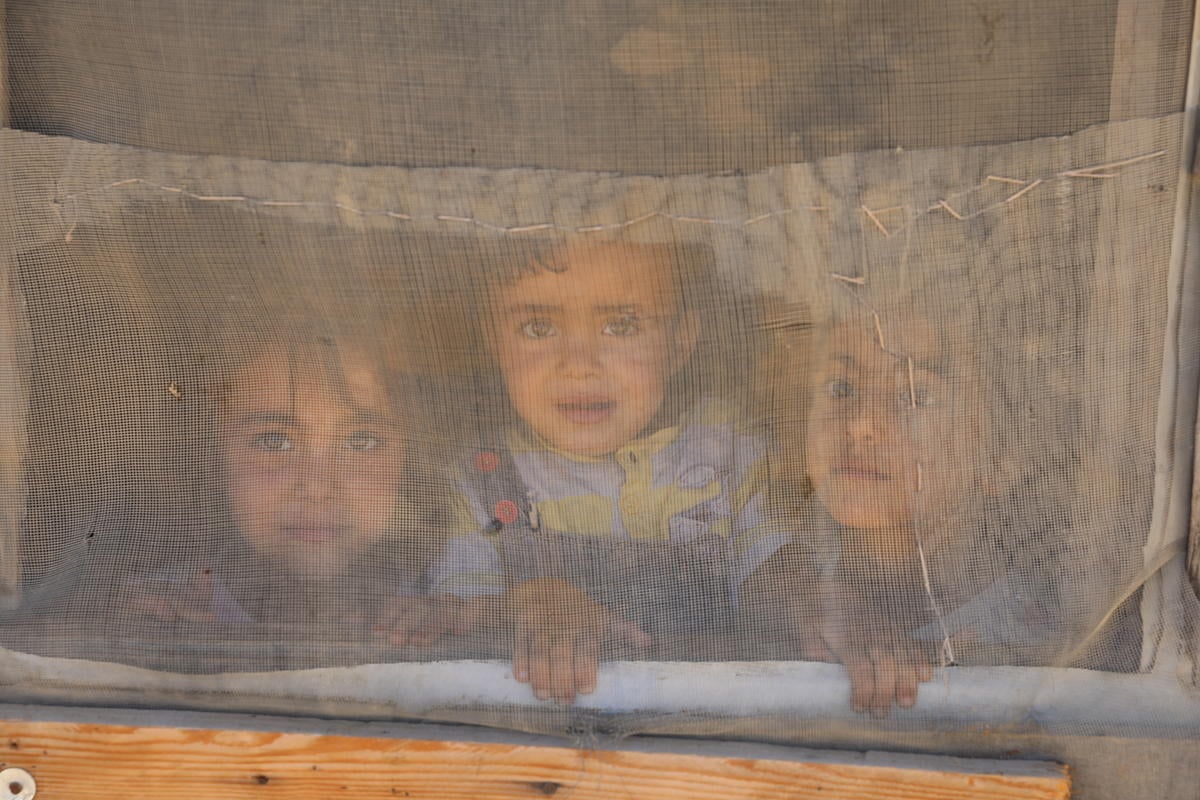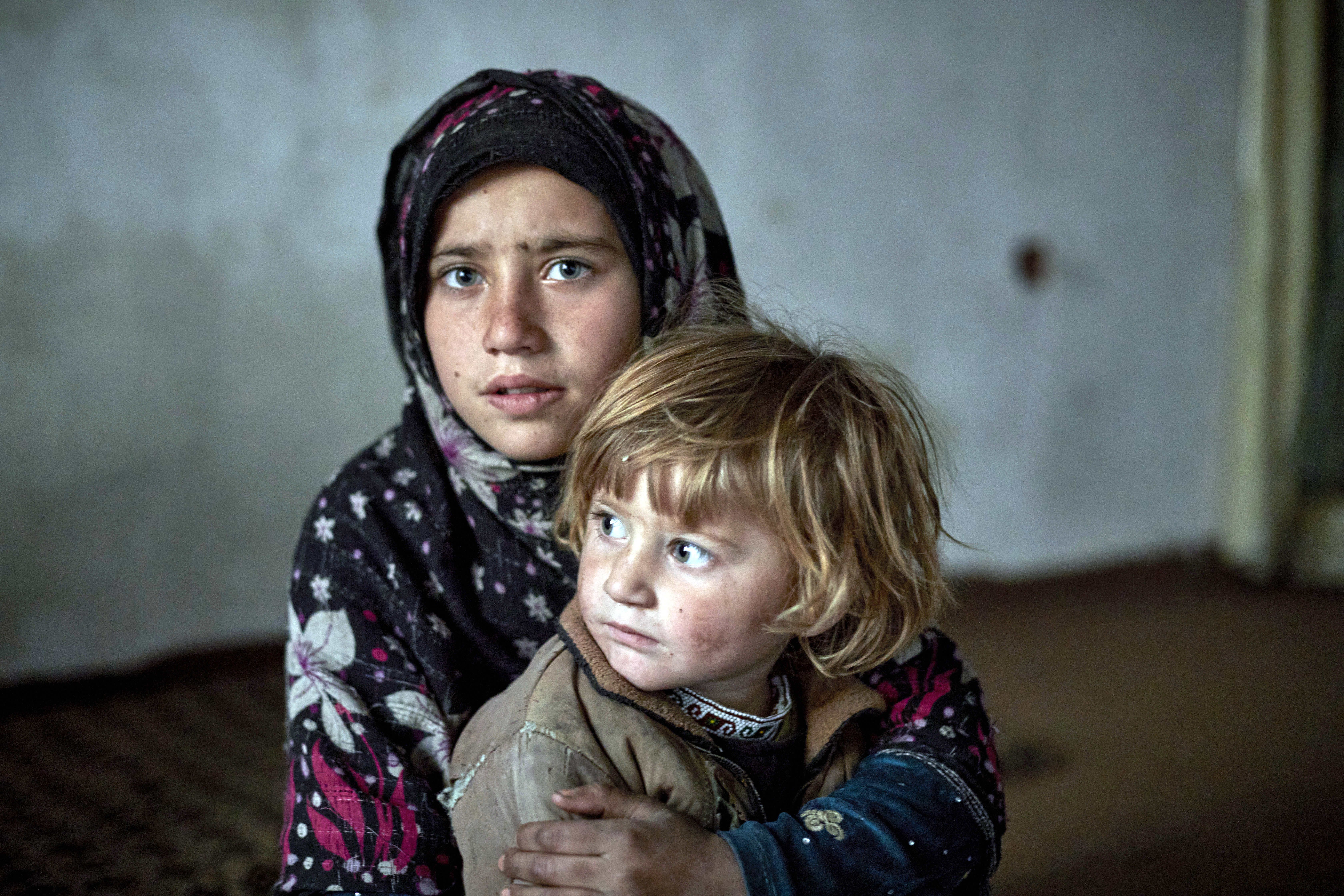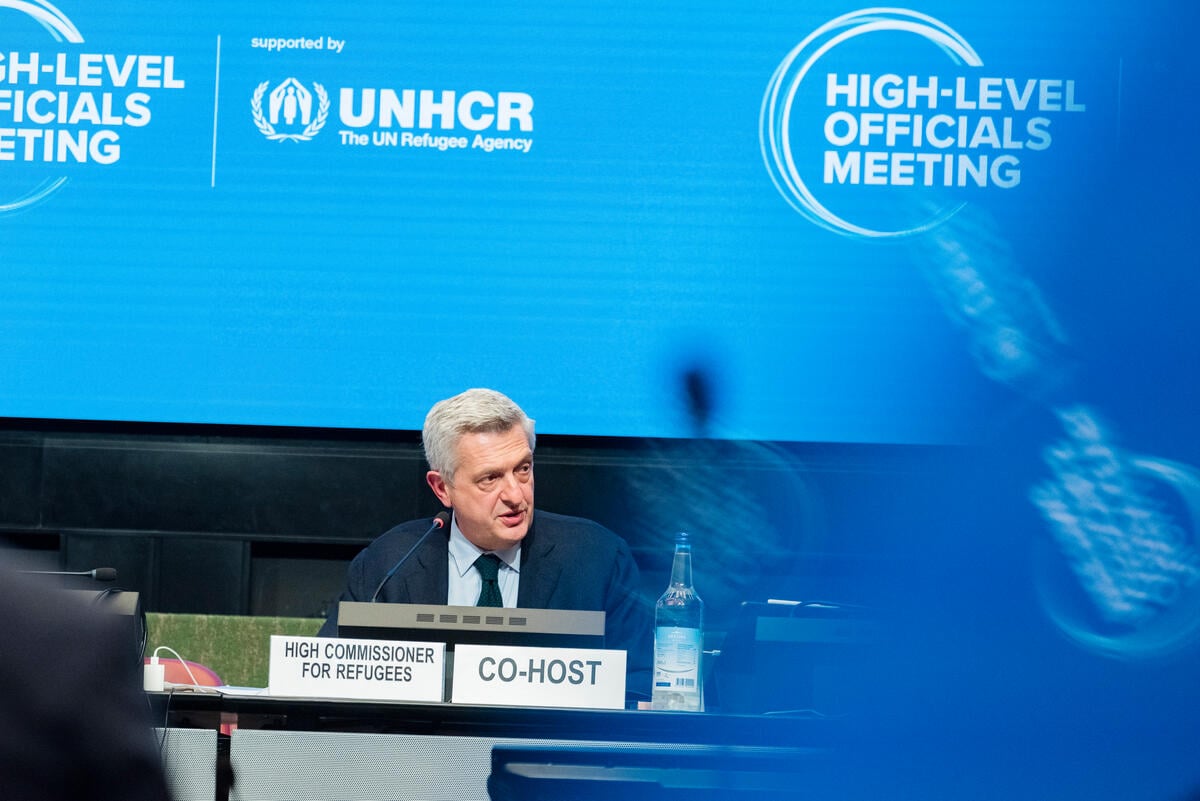Meeting on refugee resettlement opens in Geneva
Meeting on refugee resettlement opens in Geneva

GENEVA, June 15 (UNHCR) - The UN refugee agency is holding a series of meetings in Geneva this week on refugee resettlement issues in a concerted effort to improve the efficiency and predictability of the resettlement process. The Annual Tripartite Consultations (ATC), which start today and continue on Wednesday, will cover a number of issues, including global resettlement policy and UNHCR's projected resettlement needs for 2005.
Resettlement is an option open to a relatively small number of refugees, primarily those who are especially vulnerable in their first asylum country, or have special needs that cannot be catered for there. It is also from time to time used to provide a durable solution for entire groups, or parts of groups, for whom there is no other reasonable solution in sight. Under its Convention Plus initiative, UNHCR is attempting to broaden the strategic use of resettlement - for example to help solve protracted refugee situations.
The ATC meetings have been taking place annually since the mid-1990s so all the main participants can take stock of a wide range of issues linked to resettlement.
About 100 participants are expected to attend this year's meeting, including representatives of all the main countries which take an annual quota of refugees for resettlement, the European Commission, the main non-governmental organisations involved in resettlement activities, and the International Organization for Migration. The meeting will also focus on expanding the body of countries which agree to take resettlement cases. Only 16 countries are currently committed to taking a regular annual quota, with a further eight countries accepting at least a few cases during 2003.
In a separate meeting on Thursday, UNHCR and the resettlement countries will meet with the aim of collating well ahead of time clear indications of 2005 resettlement quotas. This is the first time this has happened. If the exercise proves successful, it should help simplify and streamline what has traditionally been an extremely complex planning process.
In 2003, 10 countries took more than 100 individuals each (including, for the first time, the United Kingdom). The United States was the biggest recipient, accepting 15,588 resettled refugees from their first countries of asylum, followed by Canada with 4,991, Australia with 4,354, Norway (1,391), Sweden (805), Denmark (518), Finland (451), New Zealand (443), the Netherlands (137) and the UK (119). The other countries with an annual quota of resettlement places are Iceland, Ireland, Brazil, Chile, Benin and Burkina Faso.
In all, 29,098 refugees were resettled during 2003. This was an improvement on 2002, when the aftershocks of the September 11 attacks in the United States led to the global resettlement figure dropping dramatically to 21,032 from the previous year's total of 33,098, and the 2000 high of 39,272.









